This is an updated version of an article first published on September 16 2024 which we have republished following the result of the Associated Party Transactions case between Manchester City and the Premier League
We’ve had one dispute between the two resolved, but the hearing which will decide whether Manchester City broke 115* of the Premier League’s financial rules began last month in London and continues.
It has been a long time coming — over 18 months since the Premier League announced its investigation had escalated into charges in February 2023. City, winners of both domestic titles (giving them four in a row) and a 2022-23 treble involving the Champions League and FA Cup since then, have insisted throughout the process that they have not broken any rules.
Nevertheless, the scope and timespan of the charges mean this has been a disciplinary process like no other. Whereas financial fair play (FFP) cases involving Everton and Nottingham Forest dealt with one breach over one period of time, City’s spans nine years and several different types of alleged breach.
The past year and a half has been taken up by legal preliminaries, which will govern aspects of the hearing including the format, evidence to be disclosed, and identity of the witnesses. Over the coming months, the case will be formally heard by a three-person independent panel, whose names have not been officially disclosed, at the International Dispute Resolution Centre in London, near St Paul’s Cathedral.
Any result, when it comes, will have seismic repercussions for English football.
This is The Athletic’s guide to the 115* alleged charges (yes, we will explain the asterisk).
What is the timescale of this process?
“It starts soon, and hopefully it finishes soon,” said City manager Pep Guardiola at his last pre-match press conference before the case began, but that is unlikely to be the reality.
The case is expected to take around two-and-a-half months, though owing to its length, there may be short breaks within the process. Despite the importance of the topic, barristers and solicitors can often have other cases which demand their attention for short periods.
Of course, reaching the point of the formal hearing actually starting feels like an end-game after 18 months of build-up — but prepare to wait a while longer yet. If the hearing does end in the weeks before Christmas, the three-person panel will then need to both discuss and write up their results. This is expected to take some time.
For example, Everton’s initial hearing into their breach of profit and sustainability rules (PSR) occurred in mid-October last year, with the result not announced by the panel until a month later. The paper produced ran to 41 pages. Considering City are facing 115* charges rather than one, and with the real possibility of them being found guilty on some of those and not guilty on others, the entire process is likely to be far more complex — and simply take far longer.
Those with knowledge of the proceedings, linked to both sides of the dispute but speaking anonymously to protect relationships, believe that the commission will have moved quickly if they reach a decision before the end of this season next May.
Then — just as happened in the Everton and Forest cases — both parties will have the right to appeal the judgement, kickstarting the process once again.
It all creates the question of when any punishment City might face would be carried out.

The City case is expected to take about two and a half months to be heard with a longer wait for the verdict (Photo: Naomi Baker/Getty Images)
For Everton and Forest, as ‘straightforward’ PSR cases, the Premier League handbook outlined that the desired outcome would be for the punishment to be immediately applied.
However, as we’ve said, City’s case is more complex. Though it is understandable why the desired outcome, for simplicity and clarity, may be for any potential punishment to be applied immediately, this is at the discretion of the panel. One sports lawyer, speaking on condition of anonymity, like others in this article to protect relationships, pointed out that City’s alleged breaches are historic in nature, covering several years — in theory, there is less of a rush to punish them.
Should City, for example, face a points deduction resulting in their relegation, the possibility of needing to untangle that demotion afterwards, following any successful appeal by the club, is a far more difficult proposition than if they had waited before enforcing anything.
In theory, this is at the sole discretion of the independent panel — who would not share the same strategic interests as the Premier League. Nevertheless, under the official process, it is down to the Premier League board to formally approve and enact any decision from the independent panel.
What are the charges specifically?
Buckle up, Buttercup. In general, the charges against City relate to accusations the club injected revenue by inflating sponsorship deals, as well as hiding some costs by failing to declare some salaries and image-rights payments.
Many of these were discovered in the Football Leaks revelations published by German news magazine Der Spiegel, which City maintain were “out of context materials purportedly hacked or stolen from City Football Group and Manchester City personnel and associated people”. In addition, the Premier League won a legal battle in 2021 to force City to disclose certain information which they had fought to keep private. These findings could also now form part of the Premier League’s case.
Moving into the granularities, the 115* charges can be loosely broken down into five categories of offence. It is worth addressing each in detail.
Fifty-four charges of failure to provide accurate financial information
These charges range over nine seasons, the longest such span of the alleged breaches. A complicating factor is that Premier League rules on this subject are often subtly revised — meaning the information which City had to provide might have changed each season.
Generally, this addresses the demand for clubs to release financial information in order to demonstrate their adherence to FFP. Think of it like declaring all of your income so that a correct tax amount can be calculated — failure to do so is an offence.
Fifty-four charges are a lot, but they are all governed by the same principle.
Generally, each individual charge in this section — for example, in 2014-15, City are accused of breaching six Premier League laws — relates to the specifics of what they were expected to provide information on. These include separate financial areas such as revenue, related parties, and operating costs. Effectively, City are alleged to have breached five or six clauses every year for nine years.
But rather than fifty-four separate cases, there is one key broader question at hand — were all of these figures accurate? To get specific: were Abu Dhabi-owned City reporting the true revenue they were gaining from sponsorship deals with Abu Dhabi-linked companies as they maintain, or only declaring part of it?
Discussion in the Der Spiegel emails appears to show City executives discussing cashflow between sponsors and the football club, as well as what they were expected to show for auditing purposes. Under Premier League rules, City were expected to provide, “(in) the utmost good faith, accurate financial information that gives a true and fair view of the club’s financial position”.
If the commission finds on “the balance of probabilities” that this was not the case, City will be found guilty.
Fourteen charges of failure to provide accurate details for player and manager payments
This is another alleged example of failing to share correct information for FFP purposes, but differs slightly — rather than being accused of injecting funds into the club by disguising it as sponsorship deals, here City are charged with hiding money being paid out to players and coaches.
Effectively, this has the advantage of being off-the-books — meaning portions of salaries would not count under the FFP cap. The Premier League alleges this occurred between 2009 and 2016.
The most high-profile examples discussed in the leaks from Der Spiegel relate to alleged payments made to manager Roberto Mancini and midfielder Yaya Toure during their days at the club.
In Mancini’s case, City’s then manager signed a deal with Abu Dhabi club Al Jazira — owned, like City, by Sheikh Mansour — which would pay him £1.75million annually for a minimum of four days’ work per year. The Premier League will claim this constituted part of his City salary, with executives at the club (including the chief financial officer and head of finance) sharing emails related to the Al Jazira payments. Mancini and City have always denied any wrongdoing.

Mancini was paid by City and Abu Dhabi’s Al Jazira, with both clubs owned by Sheikh Mansour (Getty Images)
With Toure, the questions relate to image-rights payments allegedly made by Sheikh Mansour’s Abu Dhabi United Group (ADUG) rather than City themselves, and subsequently were not declared as salary. As with Mancini, club and player deny any wrongdoing.
Seven (or 21…) charges of breaching profit and sustainability rules
The exact subject matter here is slightly less certain — it is based on information gathered during the Premier League’s investigation, rather than the leaked emails. The charges can be split into alleged breaches over three seasons — 2015-16, 2016-17 and 2017-18.
*Arguably, this is where it is more accurate to use 129 charges rather than 115 to describe the total number of offences allegedly committed by City. The Premier League has charged them with breaching seven PSR rules in each of those three seasons — during early explanations of the case, these were grouped as a total of seven charges rather than added together to make 21.
Because of the proliferation of the 115 figure, we have used that elsewhere in the article. The Premier League has not engaged with the media on any aspect of the case since February 2023, including confirming the current number of charges.
While Everton and Forest were also charged with breaching PSR rules, their situations are not directly comparable with City’s — those two clubs were subject to an updated Premier League rulebook from 2022-23 onwards, and their cases only related to whether they exceeded the maximum allowable loss, where the rules in their entirety are far broader.
Regardless, the Premier League’s historic PSR rules indicate areas in which it may seek to prove wrongdoing by City.
For example, Rule E.53.2.2 states that a PSR balance sheet should be “to the best of the club’s knowledge and belief, an accurate estimate of future financial performance”. If any of the charges already discussed should be upheld, it is clear how City may be in breach.
Rules E.54-57 relate to related party transactions, which are relevant to the Abu Dhabi-linked sponsorship deals City are alleged to have illicitly struck.
Finally, Rule E.59 relates to the well-known “losses in excess of £105million” limit — again, if previously-discussed charges are upheld, a recalculation of City’s PSR submissions with the new figures may find them in breach of this permitted total.
Five charges of failing to comply with UEFA’s FFP regulations
In 2014, City made a deal with UEFA, European football’s governing body, after £118.75million of sponsorship got questioned and the club’s own accounting was rejected. Their settlement saw City repay UEFA €20m from TV revenue, as well as submitting themselves to future spending guardrails. City publicly announced their displeasure with UEFA’s findings.
These charges, however, are slightly different — beginning in the 2013-14 season and continuing until 2017-18. In some sense, this predominantly comes under UEFA’s remit but the Premier League has its own rules requiring that clubs also follow the continental ones — these are the laws which City are alleged to have broken.
The statute itself is vague. For example, Rule B.15.6, as it stood from 2014-15 until 2017-18, simply reads: “Membership of the league shall constitute an agreement between the league and each club to be bound by and comply with the statutes and regulations of UEFA”.
This could relate to the possibility that, if City’s true PSR numbers are found to be different to their publicly-declared ones, they break UEFA’s maximum-allowable-loss restrictions as well as those of the Premier League.
Thirty-five charges of failing to cooperate with Premier League investigations
This is straightforward to explain — although 35 is another very high number.
Simply put, the Premier League accuses City of breaking numerous rules related to “acting in good faith” since its investigation began in 2018 — the charges relate to each of the seasons from 2018-19 to 2022-23, inclusive.
Specific rules City are alleged to have broken include the failure to release documents to the Premier League by insisting they are confidential, and not providing “full, complete, and prompt assistance to the (Premier League) board”. City expressed their surprise at this during the initial public comments following the charges, “given the extensive engagement and vast amount of detailed materials that the EPL has been provided with”.
To get some sense of the mood of this process, one witness who had already been spoken to by City’s lawyers described it as “hardcore”, “aggressive”, and “no-holds-barred” — though this is more illustrative of the enmity between the two sides, rather than specifically related to non-cooperation.
Which are the most serious charges?
It is probably easiest to start by stating that the charges of failing to cooperate are the least serious — they are related to following the disciplinary process rather than the discipline itself, per se.
Think of them as aggravating factors, most likely to become relevant in the strength of any sentencing should City be found guilty on other charges. There is also a possibility that should City be found not guilty on the central charges, they may face a minor misdemeanor punishment (such as a fine) on these issues.
As for the others? In some sense, the accusations of breaching both the Premier League’s and UEFA’s PSR rules might be seen as dependent on the remaining charges — about the accuracy of the financial information they submitted.

The case is likely to hang over Pep Guardiola’s team for much of this season (Justin Setterfield/Getty Images)
But on the other hand, the Premier League has not yet publicly displayed its hand on any further details it might have discovered during the investigation — so it is difficult to answer this with certainty…
You can read more about the possible outcomes here.
How does this differ from the UEFA case heard by CAS?
Some of this matter will cover very similar ground to the information heard by the Court of Arbitration for Sport (CAS), which, in February 2020, overturned City’s two-year ban from playing in European competition and a fine of €30million (£26m) which had both been imposed by UEFA for breaking FFP rules.
That case was based on the Football Leaks revelations — with the Premier League initially launching its investigation in response to the leaks published in Der Spiegel. However, unlike the UEFA case, the Premier League’s victory in the disclosure hearing means they will have access to further evidence — such as emails and text messages — which were not available at CAS, casting an entirely different complexion on aspects of the case.
City have almost an identical legal team to the group who won at CAS, but they are now contesting a different case against different opponents.
What happened with with the associated party transaction hearing?
Good question. In June this year, City opened up a new front in their battle against the Premier League — bringing a separate legal case against its associated party transaction (APT) rules.
These essentially govern the extent to which related parties — ie, companies with links to a club’s ownership — can offer the club sponsorship deals, given the potential ability of these relationships to circumvent PSR rules through artificial inflation. Although the rules have existed for several years, including during the relevant seasons for City’s case, they were tightened after Newcastle United were bought in 2021 by a group led by Saudi Arabia’s state Public Investment Fund (PIF).
City felt the regulations were in breach of competition law. The judgement was announced on October 7 and shows that it was delivered to both City and the Premier League on September 25 — a couple of weeks into the 115* hearing.
The panel was supportive of the concept of APT laws — seeing them as a necessary part of PSR regulations. City were not successful in getting them thrown out as a broader concept.
However, the panel did find procedural issues in how two of City’s applications were handled — potential deals with the airline Etihad and the First Abu Dhabi Bank (FAB) — concluding these were unfairly blocked.
Additionally, in potentially the most significant finding from the case, the panel also ruled that interest-free shareholder loans should fall under APT laws — which City argue will bring other clubs in line with the level of regulation they face.
The fact that the panel did not find that the Premier League’s rules surrounding fair market value regulations were flawed — only that they had not complied with them — means that this decision is unlikely to have any significant ramifications on this bigger case.
“What’s really going on here is that in invoking the dispute-resolution proceedings, it gets (City) into a room with the Premier League on their terms before the hearing,” the arbitrator told The Athletic last month, speaking anonymously as to not prejudice themselves from future cases.
“It’s a mechanism by which their KCs (lawyers) can eyeball Premier League KCs and effectively say to the Premier League, ‘We are prepared to take you down if you go forward with what you’re planning to do, then we’re going to have a damages claim against you of hundreds of millions, which you can’t afford. We’ll tie you up in litigation for the next five or 10 years, and we will take you down’.”
So one dispute down and the bigger is under way, but there is a long way to go.
(Top photos: Getty Images; design: Eamonn Dalton)

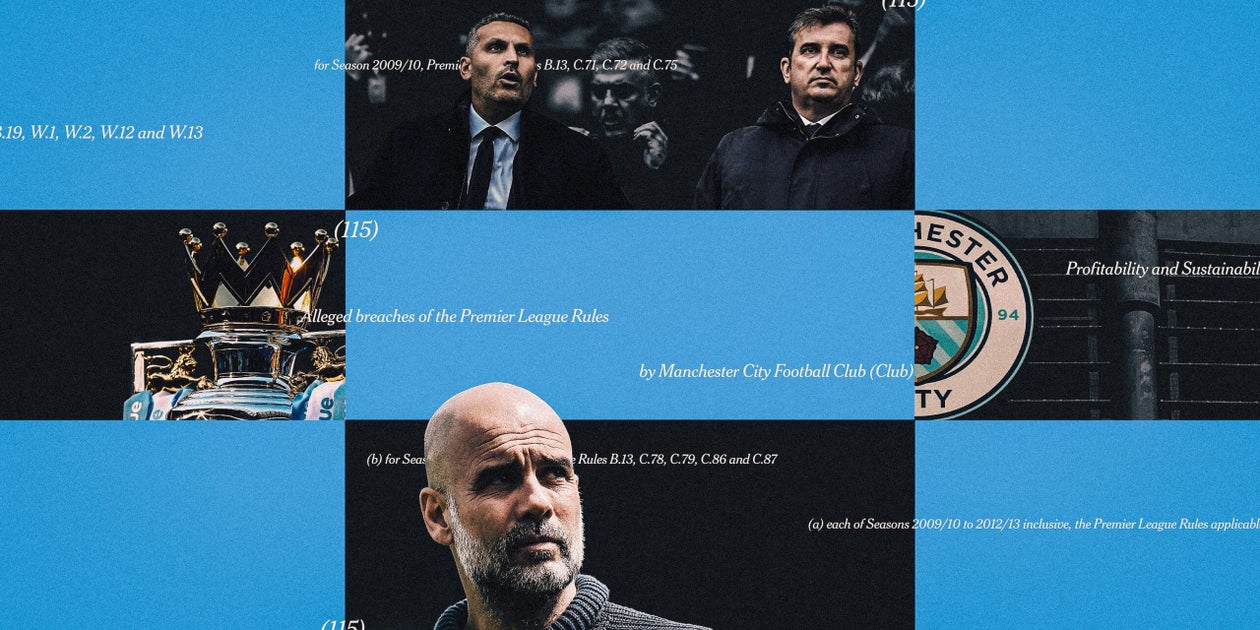

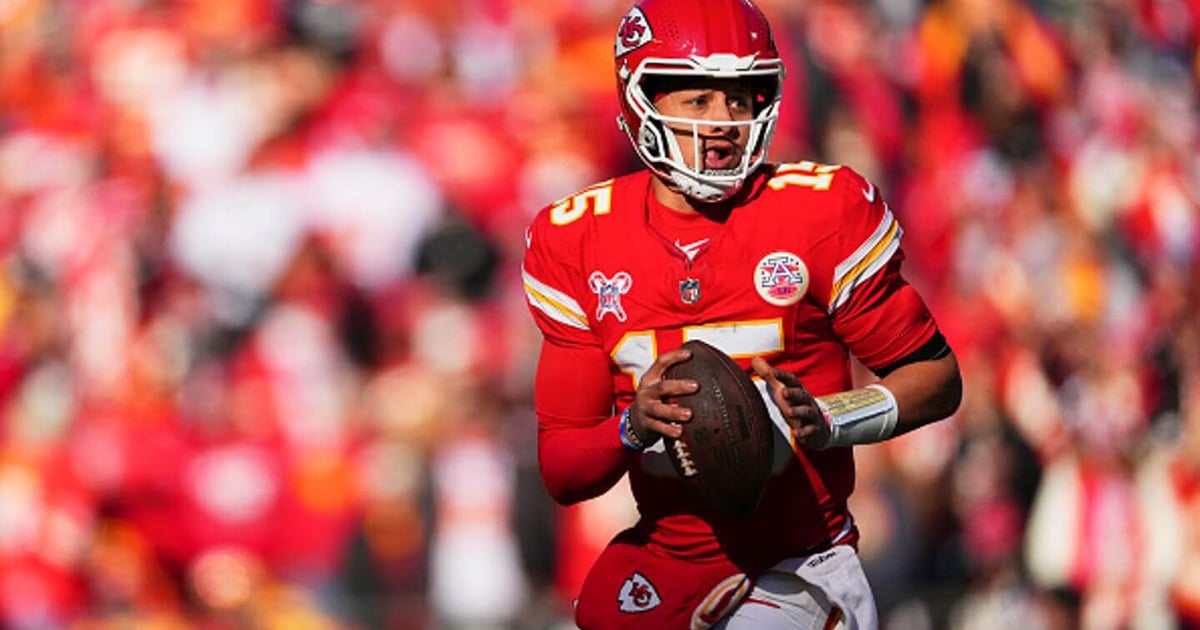
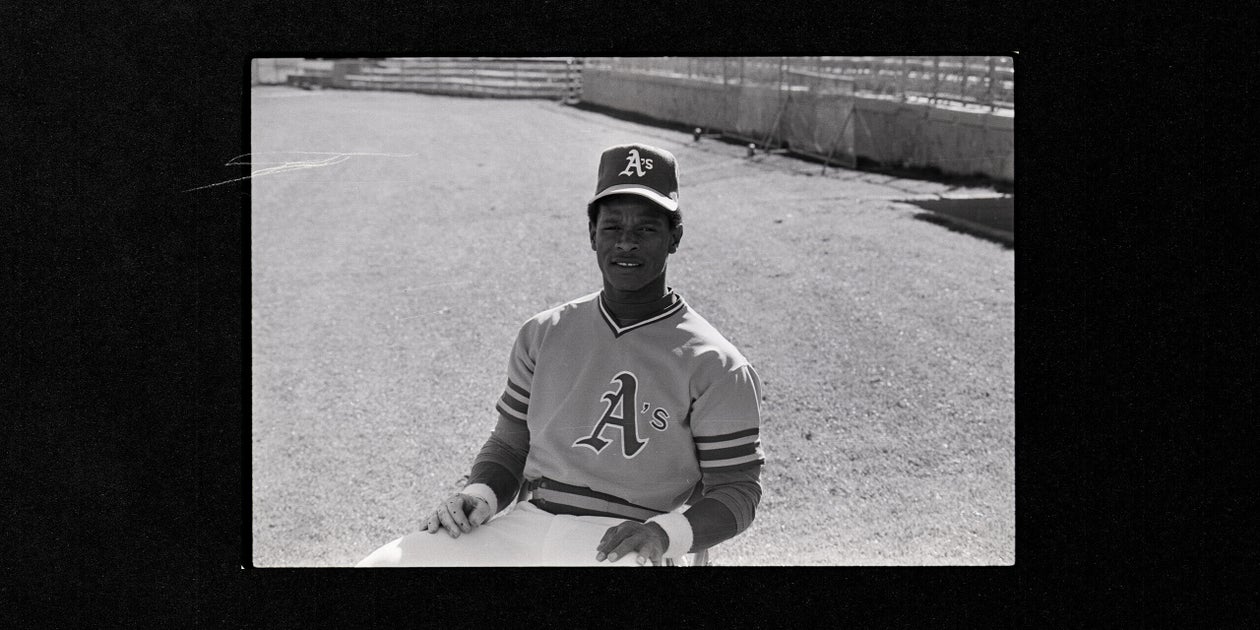

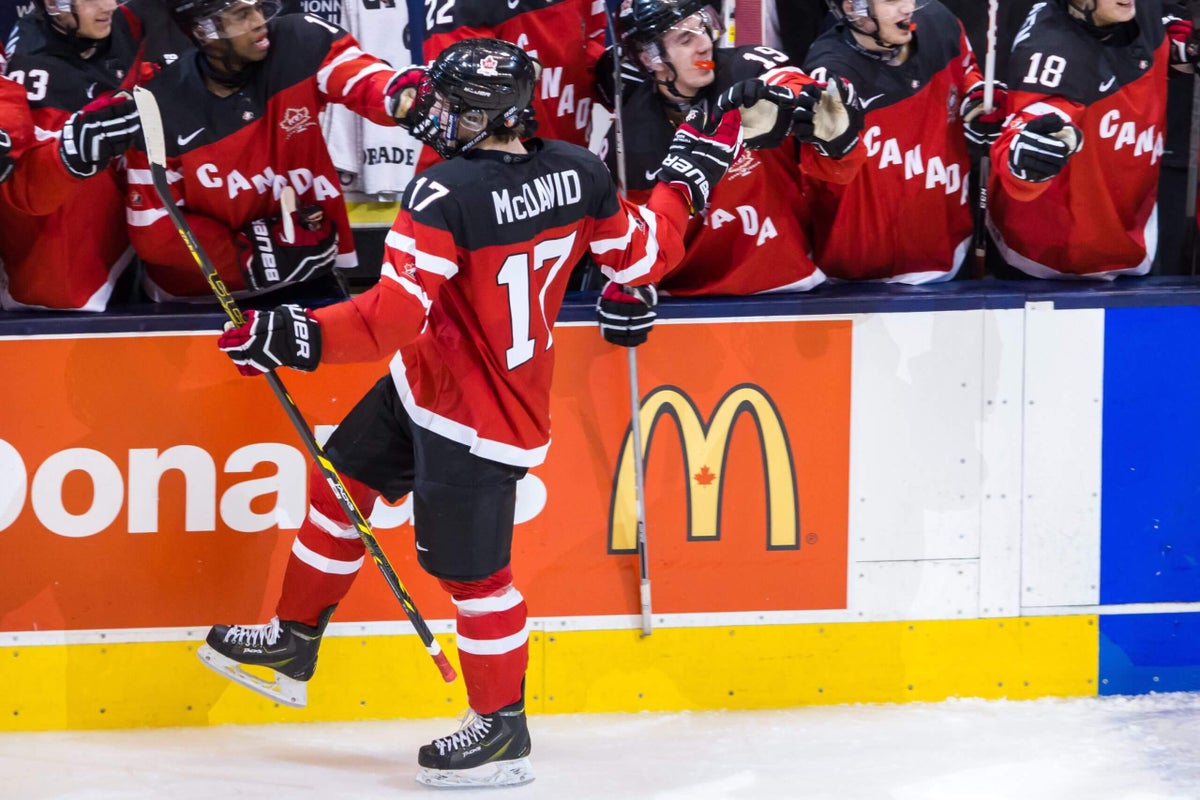

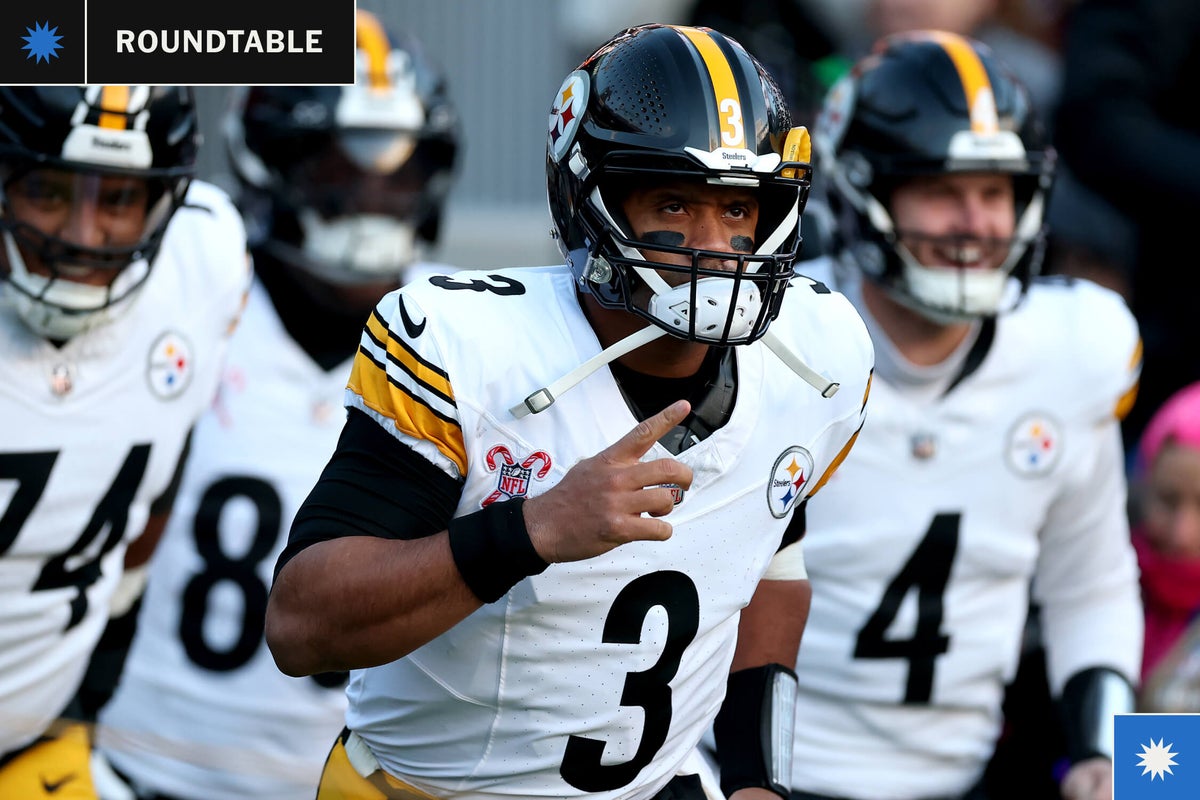
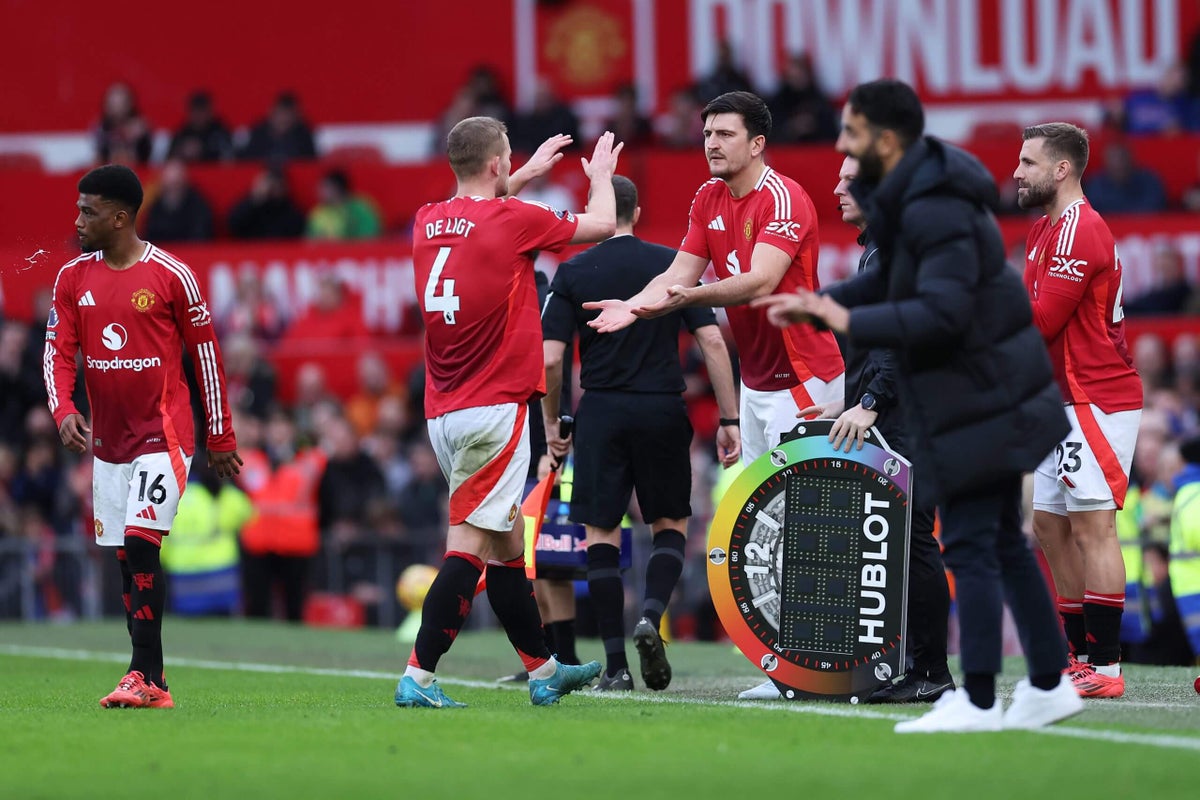

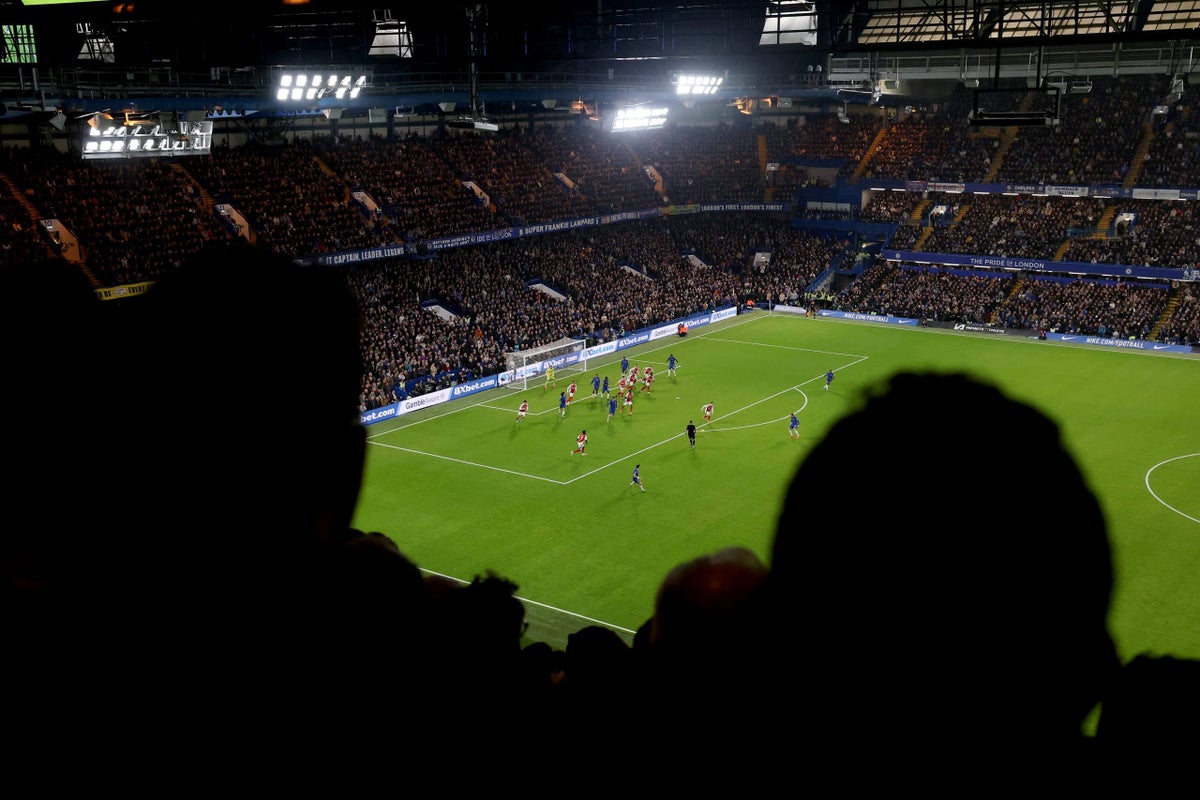

Leave a Reply